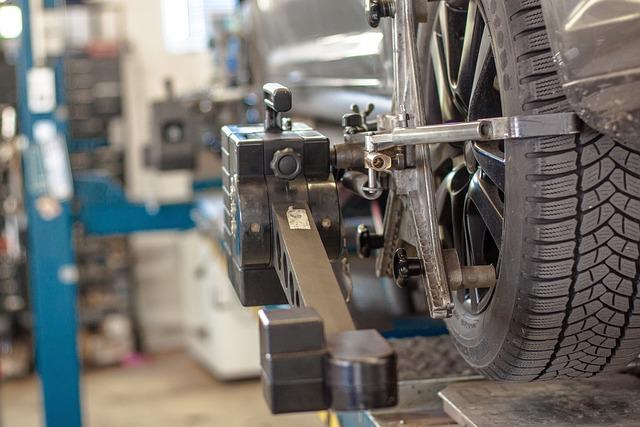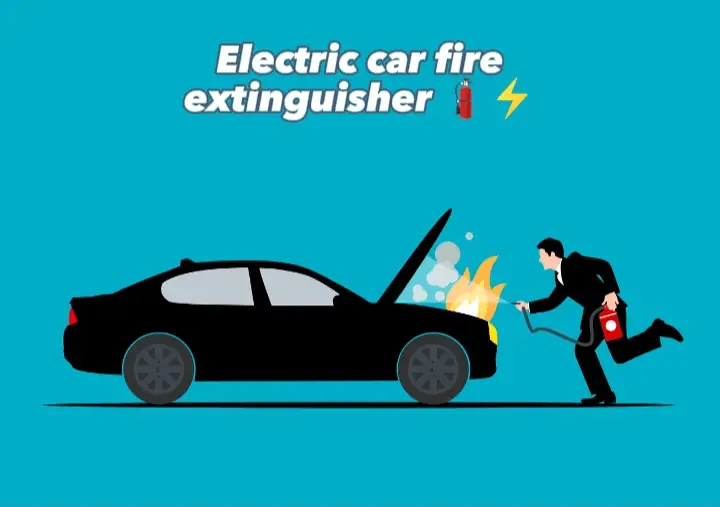As the demand for Electric Vehicle Maintenance grows due to their reputation as a greener and more sustainable form of transportation, electric vehicles (EVs) have skyrocketed in popularity in recent years. As more people switch to electric cars, appropriate EV maintenance is crucial to ensuring their lifetime and maximum performance. While EVs frequently require less maintenance than traditional gasoline-powered automobiles, they nevertheless require routine care to ensure they continue to run efficiently. To assist you in getting the most out of driving an electric car, we’ll go over some crucial maintenance advice in this extensive post that every EV driver should be familiar with.
Contents
Tire Maintenance
For your EV to operate effectively and safely, proper tire care is essential. It is impossible to stress the importance of keeping tires inflated properly. poor range and energy efficiency can result from under-inflated tires, while poor ride quality and grip might result from over-inflated tires. To ensure your EV’s tires are in top condition, consult your vehicle’s manual for the manufacturer’s recommended tire pressure. Regularly check and adjust the tire pressure as needed. Additionally, following the manufacturer’s recommended timetable for tire rotation and balancing will assist in maintaining even wear and increase the longevity of your tires.
Brake System
Regenerative braking systems are included in electric cars, and they not only improve energy economy but also shorten the lifespan of conventional brake pads. However, this doesn’t mean neglecting your brake system entirely. Regular inspection of your brake pads is crucial to identify any signs of wear or issues. If you notice unusual sounds, vibrations, or reduced braking performance, it’s essential to have your brake pads checked and replaced if necessary. Proper brake maintenance guarantees both your safety and the optimal functioning of your EV’s braking system.
Cooling System
The cooling system in an EV is responsible for maintaining the optimal temperature of the batteries and electric motors. Since temperature control directly impacts battery performance and overall efficiency, regular cooling system maintenance is vital. Routinely inspect the coolant levels and thoroughly check for any indications of leaks. Addressing cooling system issues promptly can significantly contribute to the longevity and efficiency of your electric vehicle.
Charging Cable Care
Your electric vehicle (EV) depends on the charging cable to keep it powered up and keep you moving. Regularly examining the charging cable for visible damage, such as cuts, fraying, or exposed wires, is essential. A damaged cable not only poses safety risks but can also impede efficient charging. If you detect any issues, replace the cable promptly with a certified replacement to ensure both safe and effective charging.
Software Updates
Staying up-to-date with the latest software releases for your EV is a simple yet impactful maintenance practice. Software updates from manufacturers are frequently released with the goal of enhancing performance, fixing problems, and reducing energy use. By keeping the software on your EV up to date, you can take advantage of developments that can greatly improve your entire driving experience. Regularly checking for updates and following the manufacturer’s recommendations for installation is a proactive approach to maintaining your EV’s optimal performance.
Battery Maintenance
The battery is unquestionably the engine of your electric car, and maintaining it properly is essential to extending the life of your EV. While EV batteries generally require less attention than internal combustion engines, some practices can help prolong their life and efficiency:
Temperature Control: Extreme temperatures, whether excessively hot or cold, can impact battery performance. Whenever possible, park your EV in a sheltered area to mitigate temperature extremes.
Charging Habits: Optimal battery health is maintained by avoiding frequent full discharges and 100% charging. Strive to keep your battery charge within the range of 20% to 80% for routine use.
Storage Considerations: If you intend to store your EV for an extended period, maintain the battery charge level between 50% and 80%. This stops the battery from being overcharged or discharged too much, which might eventually cause the battery to degenerate.
Cleanliness
Regular maintenance also extends to the cleanliness of your electric vehicle. Cleanliness on the outside has a practical purpose in addition to contributing to aesthetics. The functioning of components like the charging port can be affected by dirt and debris collection that might interfere with sensors. Regularly washing the exterior helps prevent such issues. Keeping the cabin neat and tidy also guarantees that you and your passengers will have a relaxing and delightful time while driving.
Conclusion
In conclusion, even though the upkeep requirements of electric vehicles are typically less complex than those of conventional gasoline vehicles, they nevertheless need particular parts to be maintained in order to ensure lifespan and peak performance. You’re taking proactive measures to ensure a trouble-free and ecologically responsible driving experience for years to come by following the maintenance advice and ideas provided in this article. Remember, a well-maintained EV is not just an investment in your transportation but also in a sustainable future.




